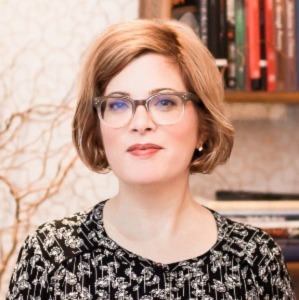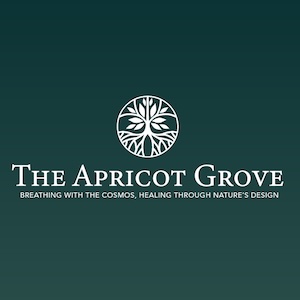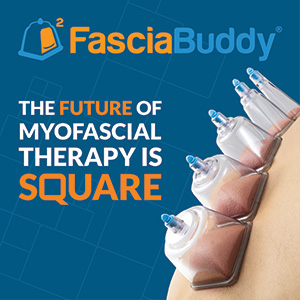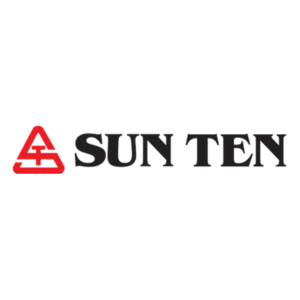So much of our medicine is conveyed in stories—the ones we live, the ones we tell, and the ones we hear. Storytelling is an innate human impulse. It provides context and meaning, allowing us to share complex ideas and navigate our experience. Stories—of both success and failure—enrich our lives and convey the values, history, and culture that connect us.
No matter how automated, evidence-based, standardized, or computerized medical systems become, the clinical encounter boils down to a story between a patient and the practitioner. Medicine is not just about reciting a chronology of data points. A practitioner’s role is to recognize and pull meaning from a patient’s story of illness in such a way that can guide us in being helpful.
In this conversation with Sarah Rivkin, we talk about the place of East Asian medicine in a world that leans more towards a standardized approach to medicine. We noodle on the similarities between case studies and novels, and what Sarah’s research could tell us about navigating a Western world without losing sight of what makes Chinese medicine a treasure.
Listen into this discussion on narrative medicine and how to use case studies as a powerful storytelling tool.
In This Conversation We Discuss:
- The cross-pollination of case studies and novels
- Neutrality, speaking authentically, and recognizing personal/cultural biases in our interactions with patients
- The issue of adopting Western, ‘scientific’ systems of language
- Sarah’s research into the history of case studies and current trends
- Narrative medicine: The potential power of storytelling as a teaching tool in our medicine
- The role of writing in making a practitioner better
- Finding a balance between being faithful to the intricacies of our medicine and adapting to modern reporting structures
This isn’t particularly original, but it is my mantra, “Treat what you see.” As is true for many of us, I have to constantly remind myself to pay attention to what I’m palpating and seeing–and not to get ahead of myself.
 In addition to sixteen years in private practice, I also devote time to writing, translating, and teaching. My articles have been published in The Lantern, Convergent Points, and Medical Acupuncture. I was on the faculty of the post-graduate Chinese Herbology Certificate Program at Tri-State College of Acupuncture, where I co-designed and implemented a unique case-based learning curriculum. I have also taught at Pacific College and the Seattle Institute of East Asian Medicine (SIEAM).
In addition to sixteen years in private practice, I also devote time to writing, translating, and teaching. My articles have been published in The Lantern, Convergent Points, and Medical Acupuncture. I was on the faculty of the post-graduate Chinese Herbology Certificate Program at Tri-State College of Acupuncture, where I co-designed and implemented a unique case-based learning curriculum. I have also taught at Pacific College and the Seattle Institute of East Asian Medicine (SIEAM).
My longtime interest in the history and function of case studies in Chinese herbal medicine education was the focus of my doctorate at SIEAM. I recently presented a paper based on this research at a Chinese medical history conference sponsored by the Max Planck Institute for the History of Science and Tel Aviv University: “Losing the Narrative: From Case Studies to Case Reports, Contemporary Changes to Clinical Writing in East Asian Medicine.”
Links and Resources
Visit Sarah on her website, read her work on Convergent Points
You can also find her article coming out in the January-March issue of the Chinese Medicine and Culture. It’s a special issue on Narrative Medicine. Her latest writing on Roles of Case Studies and Case Reports in US East Asian Medicine: A Narrative-Medicine Perspective.














